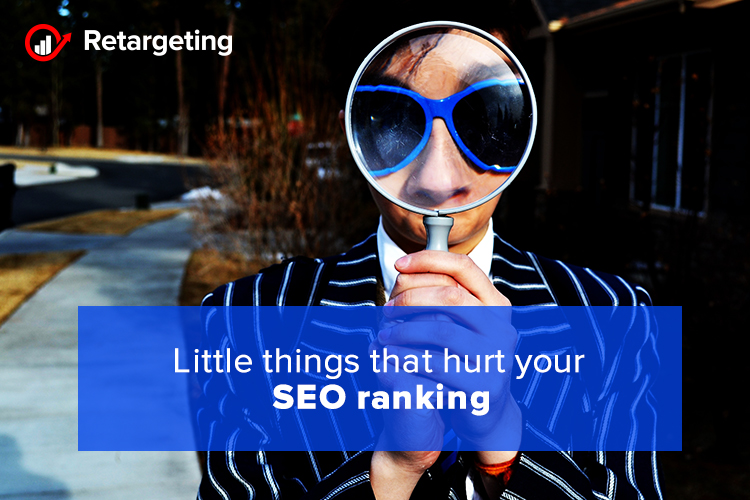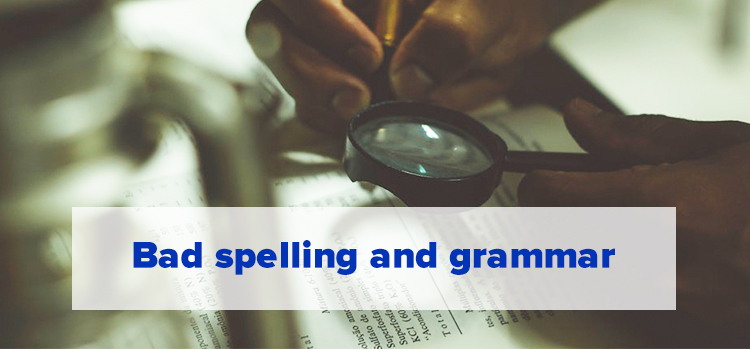As an online marketer, you know the importance of optimizing your pages for search engines, but also staying on top of the latest search engine optimization tactics. After all, increasing your traffic and brand awareness is impossible without understanding the in’s and out’s of SEO.
You know the best practices, but there are a lot of smaller, technical things that can play a big role in how your pages rank.
Bad blog comments
Spam blog comments hurt your site because Google considers where your site links to a strong signal of what kind of site you are, and how qualified you are to receive traffic. Even if these links weren’t intentionally put there by you, they’re impacting your site authority.
A common black hat method of attacking a site is to link it to a bunch of spammy sites in an attempt to discredit a brand or its messaging.
Combining low-quality links with dangerous keywords that are often associated with spam will cause Google’s algorithms to consider your site suspicious.
So what can you do about it?
Moderate your comments and also use a strong spam filter. While they don’t catch everything, they’ll snag most obvious spam comments with inappropriate language.
Another option is having a formal comment policy on your site. Decide what you will and won’t allow in the discussion, and make people aware of it.
Also, talk to your developer about disabling links in blog comments. Even if the text URL remains, there are usually ways to prevent them from actually clicking over to the other sites.
Broken links
Broken links are bad for user experience, but can hurt your search ranks. While you don’t have much control over other sites moving around their content, there are a few things you can do to prevent creating these broken links on your site. The first thing is to update rather than remove content.
Publish the pages at the same URLs when you are making updates instead of moving them to new ones. This way you don’t have to delete content that other pages are linking to.
You can also set up 301 redirects to a new page if you need to update URL structure. If the content still exists on your site but has simply changed location, setting up a redirect will ensure that any previously existing links don’t send users to a 404 page.
Inconsistencies and discrepancies
How a page is displayed on Google is the first interaction a reader has with your content, so making sure these show correctly on SERPs is important.
For example, if your update an article with 2017 in the title to 2018, make sure you do the same in the meta-description.
Seeing mismatched or dated information in these areas can cause confusion and hurt your credibility. If people don’t think you’re credible, they’re not going to click through on your listing. This is especially true on your blog.
While these discrepancies don’t affect SEO directly, they do affect click-through rate and the time people spend on your pages– which can give you an SEO boost.
Bad spelling and grammar
Bad spelling also correlates with lower page rank. Just as you struggle to get past typos when you are reading, search engines and your visitors do too.
If Google can answer the questions users are asking by sending them to a page that is enjoyable to read, then it will. Google is just like any other publisher, so the higher quality content it shows, the better.


